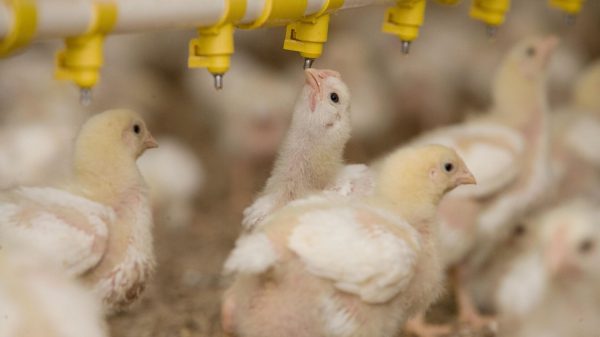The link between vitamin D and Covid is being kept under review by the UK health secretary as more studies suggest that having low levels of the “sunshine hormone” raises the risk of death.
Matt Hancock has asked the National Institute for Health and Care Excellence (Nice), which sets NHS England clinical guidelines, and Public Health England (PHE) to keep researching emerging evidence, after the authorities began “encouraging” people to take vitamin D supplements rather than merely “advising” it.
Nice has twice said there was not sufficient causal evidence to support the use of vitamin D in high doses in hospitals to treat or prevent the respiratory illness.
However, recent pilot and observational studies have suggested positive effects. A Queen Mary University of London study recently found that consistent vitamin D supplementation significantly protects against respiratory illness.
But experts do not believe sufficient evidence has emerged since the last review to make Nice recommend its use in clinical settings, given the parameters it requires, and called for the government to urgently fund high-quality research amid an apparent global reluctance.
Prof Jon Rhodes, an emeritus professor of medicine at the University of Liverpool, said: “It is clearly established that vitamin D deficiency is common in the UK, particularly at this time of year, and it is associated with immune dysfunction that can be corrected by supplementation that is cheap and safe.
“Even if evidence suggesting that vitamin D deficiency increases risk of severe Covid-19 is largely indirect, to ignore it is taking a foolish and unnecessary risk.”
The Lancet said in an editorial on vitamin D last month: “In an ideal world, all health decisions would be made based on overwhelming evidence, but a time of crisis may call for a slightly different set of rules.”
A Department of Health and Social Care spokesperson said: “Evidence of the link of vitamin D to Covid-19 is still being researched and we keep all strong evidence on treatments under review.”
Hancock has said previously that “a number of studies indicate vitamin D might have a positive impact in protecting against Covid-19”, while PHE for the first time last month said it may reduce the risk of respiratory illnesses.
A Nice spokesperson said: “Research on the impact of vitamin D and Covid-19 is ongoing, and we are working with Public Health England and the scientific advisory committee on nutrition to review new evidence as it emerges.”
A UK rollout of vitamin D to all care homes and vulnerable people who opted in to the scheme began towards the end of January and is expected to be complete by the middle of this month. However, the doses recommended are far below what Nice recommends to overcome deficiency – with up to 40% of the UK population estimated to be severely lacking in vitamin D.
However, recent pilot and observational studies have suggested positive effects. A Queen Mary University of London study recently found that vitamin D supplementation significantly protects against respiratory illness.
Does vitamin D combat Covid?
Read more
• This article was amended on 5 February 2021 as it originally said there would be a new review of evidence of a link between Covid and Vitamin D. The DHSC has since clarified that there has been an ongoing review of the evidence.



















































Свежие комментарии